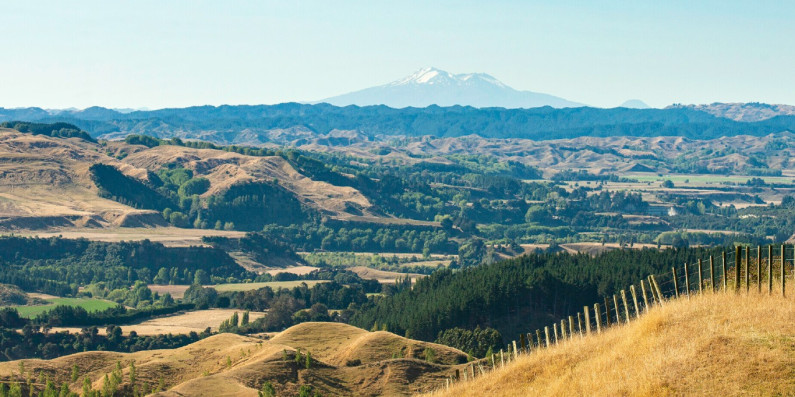
Independent panel reports on methane science and targets
The Government will consider the findings of the panel’s biogenic methane science and targets review.

The Government will consider the findings of the panel’s biogenic methane science and targets review.
The five-member panel was made up of leading scientists and chaired by farmer and former climate change commissioner Nicola Shadbolt.
The panel was tasked with outlining the latest science on methane and what level of biogenic methane emissions reductions would be needed in 2050 to ensure no additional warming from methane emissions relative to 2017 levels.
The report provides a comprehensive overview of the latest methane science, outlining the impact of methane in the atmosphere as a short-lived greenhouse gas.
It shows that a range of factors affect the level of methane emissions reductions needed in New Zealand to cause no additional warming. These include the progress of other countries at cutting emissions. The panel wasn’t asked to recommend what a target should be.
The Government will consider the report alongside He Pou a Rangi | Climate Change Commission’s review of the country’s 2050 targets, which will be made public in December 2024.
Biogenic methane makes up 48 per cent of New Zealand’s total gross annual greenhouse gas emissions. In New Zealand, biogenic methane is mainly produced by the agriculture sector when ruminant animals, such as cattle and sheep, digest food.
New Zealand’s 2050 target was set in 2019 as part of an amendment to the Climate Change Response Act 2002. It is a ‘split gas’ target, meaning biogenic methane (a short-lived gas), and all other long-lived greenhouse gases are treated separately.
Our biogenic methane targets require them to be at least 10 percent less than 2017 emissions by 2030, and at least 24 to 47 per cent less than 2017 levels by 2050. All other gases are currently required to be net zero by 2050.